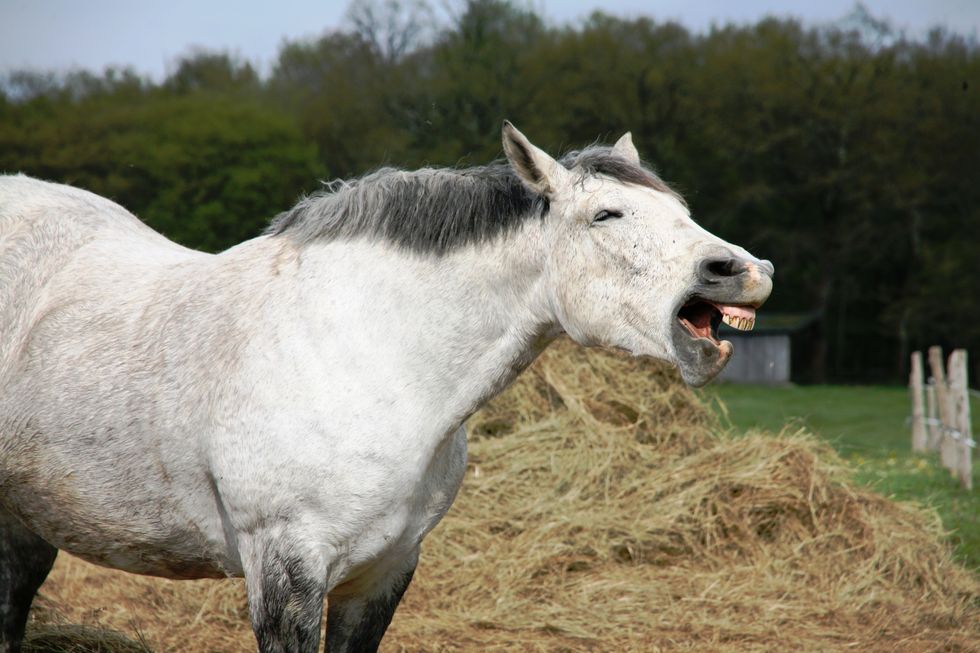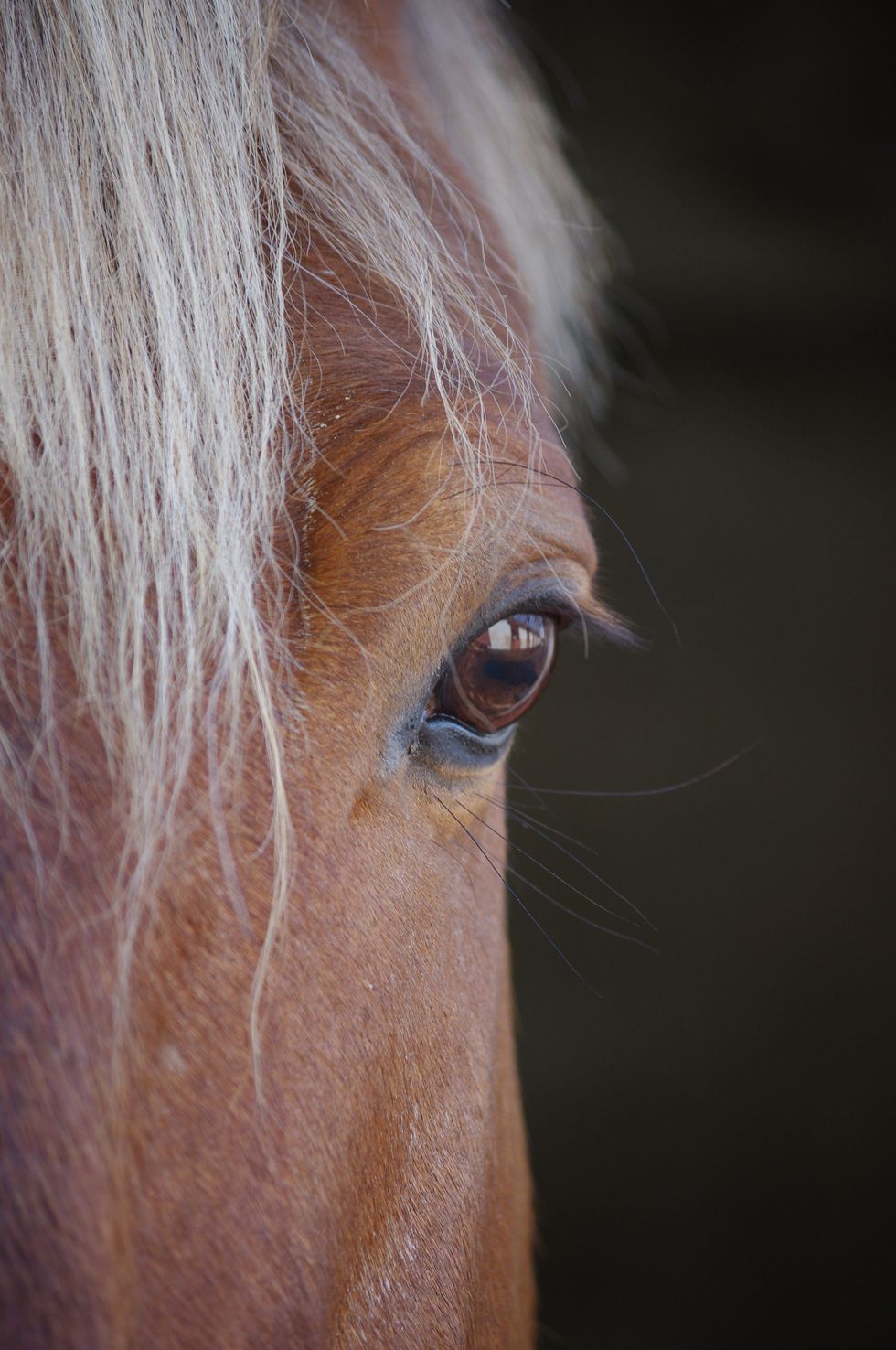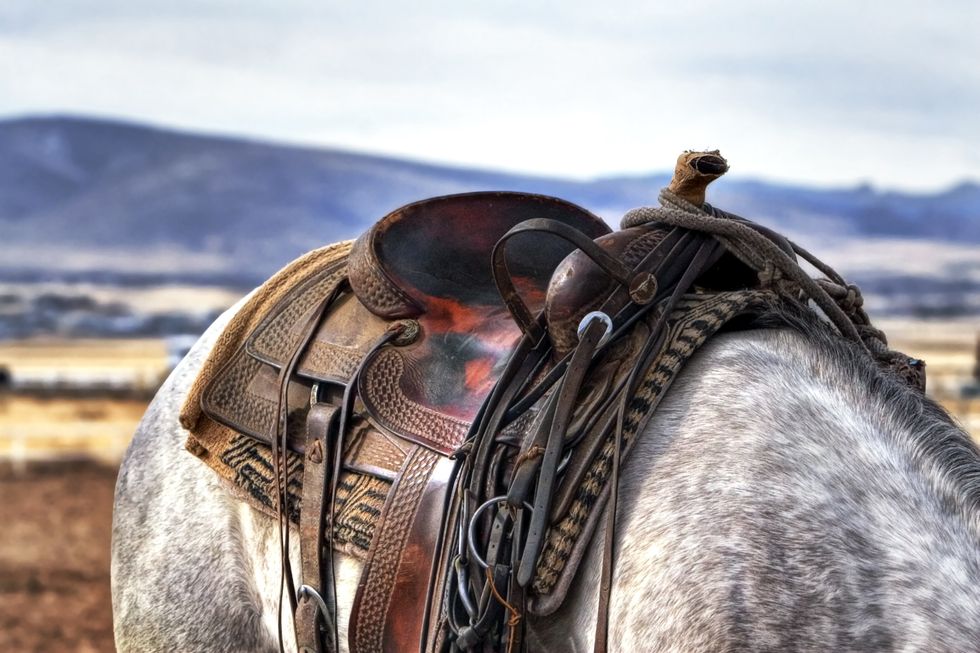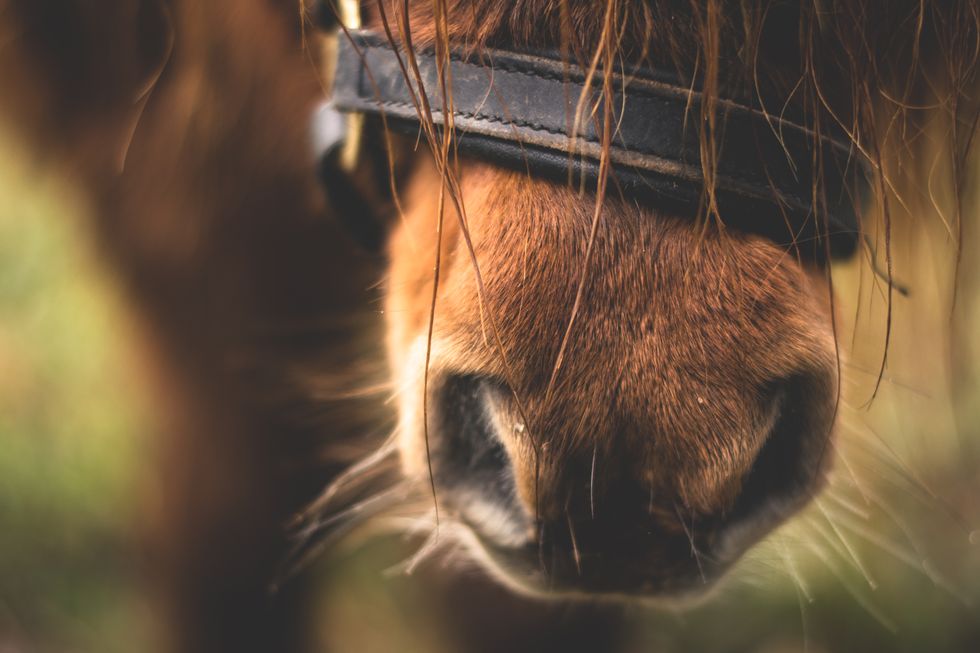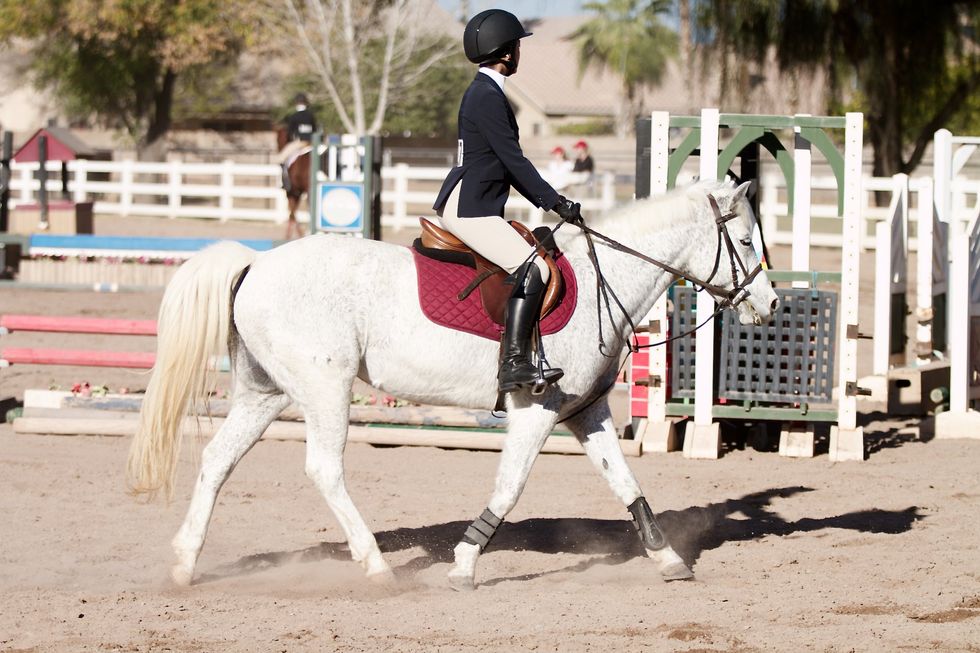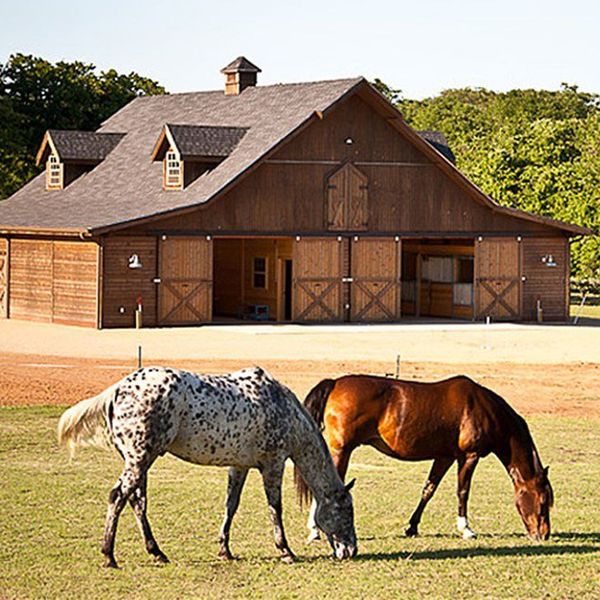I joined the USC Equestrian Team last semester as an inexperienced rider. I had entered a world of confusing horse jargon and unfamiliar equitation equipment, not to mention the dust and horse slobber/poop that gets EVERYWHERE. As I became more acclimated to the process of preparing and riding a horse, I've noticed some qualities that girls on the team share as well as some insights that are adopted once you've been riding for a while.
One quality that came up, in the beginning, is confidence. Horses are EXTREMELY intuitive, and you have to be completely sure of every move you make. Sometimes we don't notice that our body reacts to our doubtfulness subconsciously, but horses do feel that uncertainty and won't be able to trust you and your instructions.
Because I was new to the sport, I was often unsure about whether I was doing something right, and that just made it more difficult for me to tack up the horse and maintain control during riding. Now, I am able to extend this experience to life in general-- be confident and speak with conviction.
Another major quality I noticed is the sense of responsibility that all the girls have. You are in charge of the horse, which includes everything from when you take the horse out to when you put them back. Because we are on a team, and not all of us own horses, we already have an abridged version of tasks that needs to be accomplished.
Horses are just like any living creature-- they need to be treated well and prepared correctly-- they depend on you. After being on the team for a semester, I have also developed a respect and appreciation for the horse and riding equipment.
When I initially started to ride, I watch my teammates and their horses leap over fences and canter beautifully; it was difficult to focus on my slow trot. But that's when self-reflection and patience really come into play. I had to acknowledge that some of them have been riding for years, and they have already put in the hard work to reach their level today. I need to be patient and make sure my posture and technique are correct so I can practice and commit that into muscle memory.
It's also important to note that nothing works all the time, even if you do everything correctly and follow instructions perfectly. Horses are creatures with their own personalities, and sometimes they just don't want to listen. At this stage, I learned that IT IS NEVER THE HORSE'S FAULT. I did not perform well at a horse show and failed to place during the competition, but I knew that I could not blame the horse because part of the challenge of the sport is to be able to control the horse that you're riding.
I'm sure there will be many more lessons as I progress in equitation, but so far, it's been the sport that has given me the most comprehensive insights of life, and I am so glad I had discovered it here at USC.

